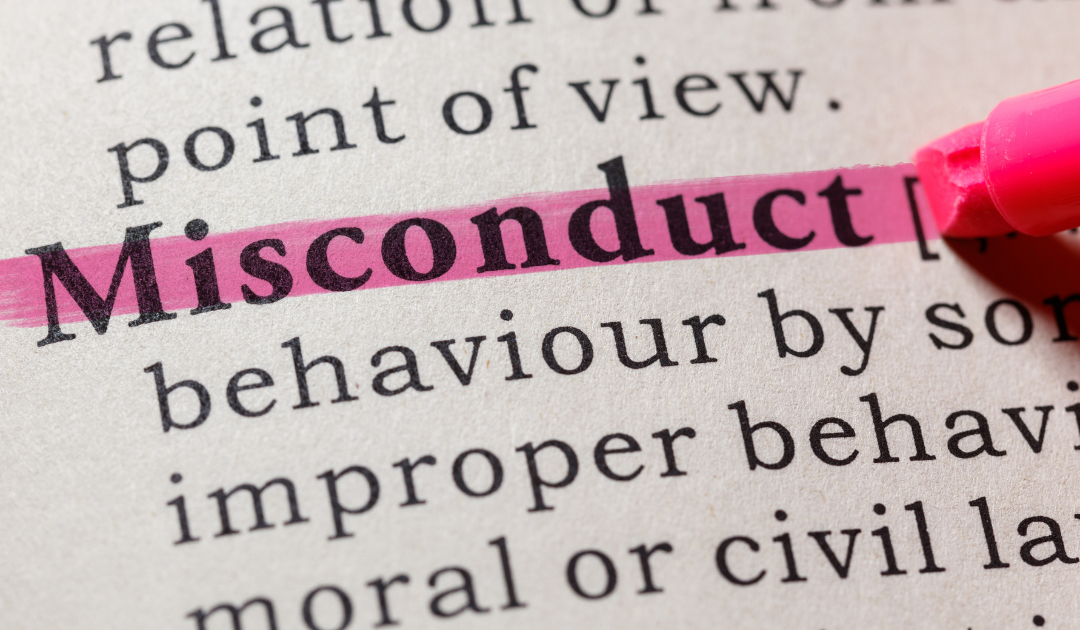BY lvan lsraelstam, Chief Executive of Labour Law Management Consulting. He may be contacted on (011) 8887944 or 0828522973 or on e-mail address: ivan@labourlawadvice.co.za. Website address: www.labourlawadvice.co.za
What rights do employers have to discipline employees for misconduct perpetrated outside the workplace? While employers have very few rights under the Labour Relations Act (LRA) they do have the right to discipline and even to dismiss employees for work related misconduct. However, a dismissal will only be upheld by the CCMA, bargaining council or Labour Court where:
- The employer has properly followed a stringent, complex, and time-consuming disciplinary procedure laid down by labour law and,
- The employer can prove, on balance of probability, that it had the right to dismiss the employee in the light of the facts of the case.
Whether the employer had the right to dismiss the employee will depend on the employer proving several things including that:
- The employee knew the rule that he/she allegedly broke.
- It was a fair rule and was consistently applied.
- The employee was guilty of breaking the rule.
- The breach of the rule was so serious as to merit dismissal.
- Dismissal was justified despite mitigating circumstances.
In addition to the above factors, the employer will not be entitled to dismiss an employee for conduct that has nothing to do with the employer. For example, the employer may not normally dismiss an employee who neglects his/her children or assaults a fellow nightclub visitor. But what if the employee was wearing his/her workplace uniform at the time of the assault? The employer may then be able to make out a case of bringing the name of the employer into disrepute.
Thus, even though the alleged misconduct occurred outside the workplace it can still occur within the context of the work relationship. And, if it does, then the employer may, in certain circumstances, still have the right to discipline the employee.
For example, in the case of Saal vs De Beers Consolidated Ltd (2000, 2 BALR 171) it was alleged that the employee who worked for the mine had assaulted and raped a woman at a mine village and the employee was therefore dismissed. Although the rape was not proven at CCMA the commissioner agreed that the employee was guilty of assault. The employee claimed that his dismissal was unfair because:
- A criminal case had been laid against him.
- The alleged assault had taken place outside the workplace and,
- The incident had occurred outside normal working hours.
However, the CCMA decided that the criminal case had no bearing on the labour law matter and that, despite the time and place it happened, the employee’s misconduct still fell under the employer’s jurisdiction because:
- The employment relationship and the business of the employer had been affected by the assault and,
- The employer had a direct interest in the wellbeing of the residents of the mine village and,
- The employee knew that even assaulting a non-employee in the town infringed the employer’s rules.
The CCMA therefore upheld the dismissal.
In the case of CEPPWAWU obo Faku vs Eco Tanks (2007, 11 BALR 997) the employee was dismissed for being intoxicated, for insubordination and for verbally abusing the employer in the presence of other employees. This incident occurred outside the workplace. The arbitrator found that the employer had no right to dismiss the employee for intoxication and insubordination because these incidents occurred off the employer’s premises. However, the act of abusing the employer in front of other employees did affect the work relationship and fell within the employer’s jurisdiction.
In this case, had the employee been dismissed for insubordination only (outside the premises) the arbitrator would have found the dismissal to be unfair because the arbitrator had found that the insubordination was not relevant to the employment relationship. Every case taken to CCMA or bargaining council will potentially have a different outcome because circumstances differ as do the viewpoints of different arbitrators. It is therefore very important for employers, before dismissing employees for off site misconduct, to get the case analysed by a labour law expert in order to check whether dismissal will be acceptable or not.



